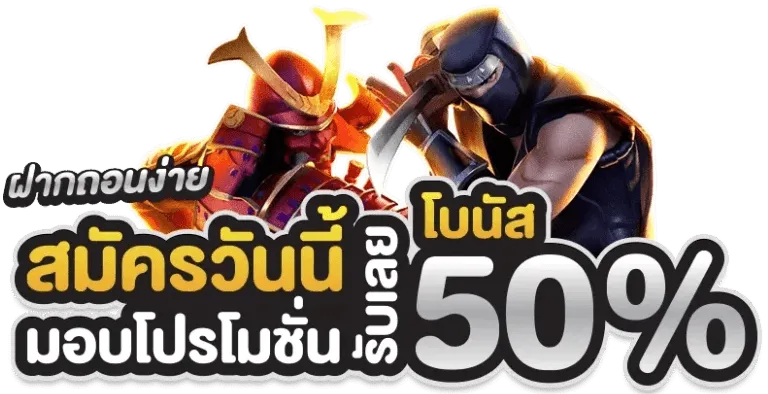
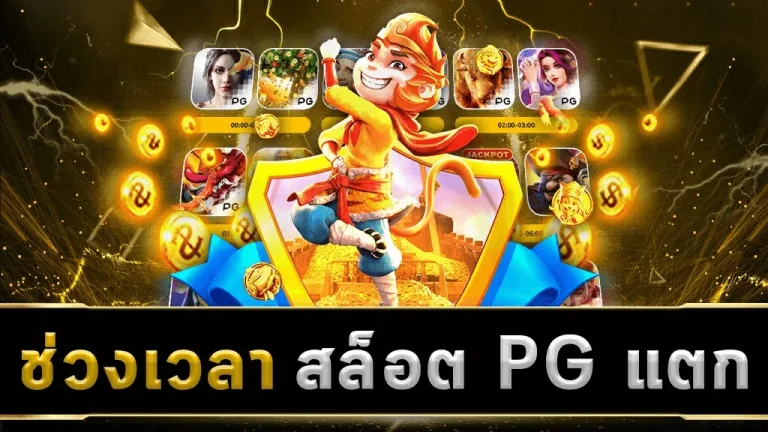
เวลาแตก pg อยากสร้างรายได้จากการเล่นเกมสล็อตออนไลน์จาก PG ไม่ยากเลย คุณแค่ต้องรู้เวลาที่โบนัสแตกบ่อย และวางแผนการเล่นให้ดี มีสูตรในการเล่น เพียงเท่านี้โอกาสในการสร้างรายได้จากการเล่นเกมสล็อตออนไลน์ก็ไม่ใช่เรื่องยาก การเลือกเวลาที่เหมาะสมในการเล่นเป็นสิ่งสำคัญมาก เพราะหากถึงเวลาอันสมควรจะมอบโบนัสพิเศษ โอกาสเป็นเศรษฐีข้ามคืนอยู่ไม่ไกลเกินฝัน มาดูช่วงเวลาที่โบนัสแตกบ่อยค่าย pg ที่คุณไม่ควรพลาด
การเล่นเกมสล็อตตามตารางโบนัสสล็อตล่าสุดปี 2024 เวลาแตก pg เป็นหนึ่งในเทคนิคที่ได้รับความนิยมอย่างมากในหมู่ผู้เชี่ยวชาญด้านสล็อต หลายคนอาจสงสัยว่าเกมสล็อตมีแจ็คพอตจริงหรือไม่ ในความเป็นจริงเกมสล็อตรับประกันว่าจะทำลายแจ็คพอต แต่การที่แจ็คพอตแตกได้นั้นขึ้นอยู่กับหลายปัจจัยไม่ว่าจะเป็นจำนวนรางวัลที่ผู้เล่นแต่ละคนปล่อยออกมาภายในเกม
ตาราง ช่วงเวลา สล็อต แตกวันนี้ ระยะเวลาในการเล่นสล็อต ความง่ายในการแตก และจำนวนเกมสล็อต ผู้เล่นเท่าไหร่ในเกมเดียวกัน และการจับรางวัลของคุณเป็นอย่างไร หากคุณหมุนสล็อตในช่วงเวลาที่เล่นคุณจะได้รับผลกำไรอย่างแน่นอน เมื่อเล่นกับเว็บไซต์สล็อตที่ดีที่สุด เว็บไซต์ที่มีผู้เล่นมากกว่า 500,000 คน คุณจะมั่นใจได้ว่าตารางโบนัสสล็อตของเรานั้นถูกต้อง หากำไรง่ายๆให้กับสมาชิกได้กำไรเร็วที่สุด
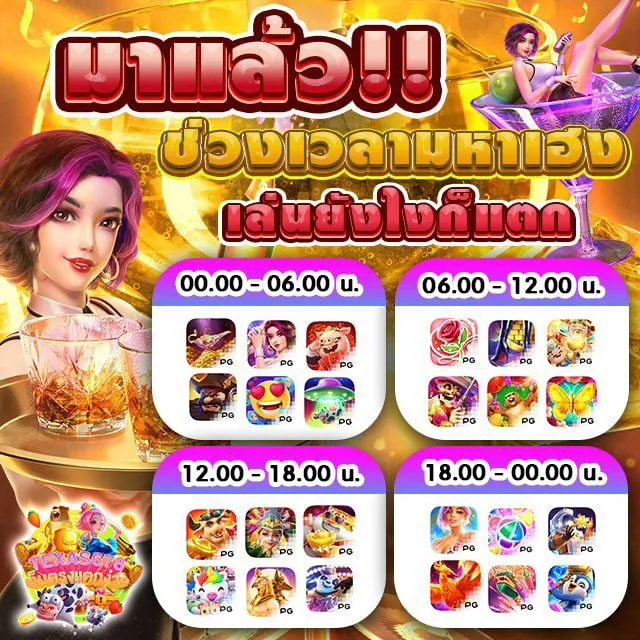
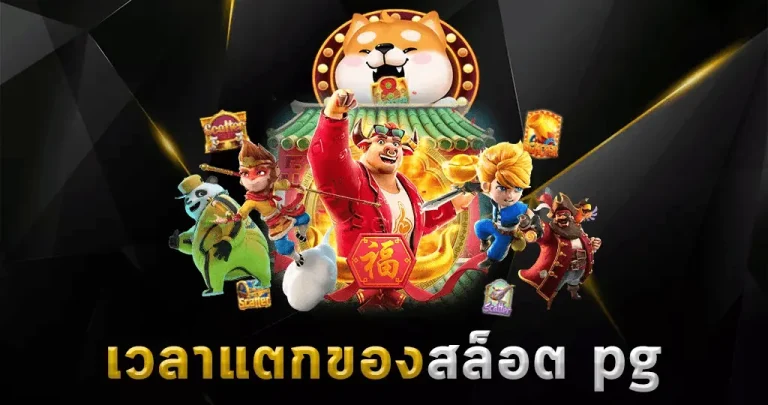
มาถึงตารางโบนัสสล็อตสุดท้ายซึ่งอยู่ในช่วงพักสล็อตคราวนี้แจ็คพอตรางวัลที่สูงกว่าออกง่ายกว่าคือระหว่างเที่ยงคืนถึงหกโมงเช้าซึ่งผู้เชี่ยวชาญด้านสล็อตจำนวนมากเริ่มหมุนเวียนสล็อตตั้งแต่ 12.00 น. ถึงประมาณ 1 – 2 เช้าและก่อนหน้านั้น คุณได้ซื้อฟรีสปินเพื่อหมุนสล็อตเพื่อลุ้นแจ็ค เวลาแตก pg รางวัลใหญ่นั้นอยู่ใกล้แค่เอื้อมอย่างแน่นอน ฟรีสปินที่คุณซื้อมีราคาเริ่มต้นที่ 75 บาท และคุณสามารถเข้าถึงแอคชั่นฟรีสปินได้โดยไม่ต้องรอสัญลักษณ์พิเศษใด ๆ โอกาสที่จะได้แจ็คพอตนั้นอยู่ไม่ไกลอย่างแน่นอน
สำหรับการทำกำไรผ่านเกมสล็อตมีความสำคัญแค่ไหน ตามที่กล่าวไว้ข้างต้น จำนวนผู้คนในเกมสล็อตตลอดจนการจับสลากสล็อตมีผลกระทบอย่างมากต่อแจ็คพอตจะถูกตีหรือไม่ จำนวนผู้เล่นสล็อตในแต่ละช่วงเวลาไม่เท่ากันและการจับรางวัลก็ไม่เท่ากัน แต่ในปี 2567 จะมีช่วงเวลาการเล่นสล็อตที่ถูกใจคนไม่มากแต่ไม่น้อย หากคุณเลือกเล่นถูกเวลา หากคุณเลือกเล่นสล็อต หากคุณทำกำไรต่อไปจนถึงชั่วโมงทองก็จะทำให้คุณทำกำไรผ่านเกมสล็อตได้อย่างง่ายดาย คุณสามารถรับรางวัลแจ็คพอตสูงได้อย่างง่ายดาย ช่วงเวลาโบนัสแตก pg
สำหรับนักเดิมพันเวลาแตก pgสล็อตทุกท่านที่ต้องการเลือกเวลาในการเล่นสล็อต ถูกที่ถูกเวลาเมื่อโบนัสแตก ทีมงานของเรา มีตารางสล็อตหรือสล็อตโซนเวลาโบนัสสำหรับสมาชิกของเรา เรามีสล็อตที่จะมอบเกมสล็อตและการเดิมพันเพื่อเพิ่มโอกาสในการชนะของคุณ เพื่อที่จะทำกำไรได้มากขึ้น สำนวนมีดังนี้:
เงินทุกบาทที่ออมไว้จะไม่สูญเปล่า สินเชื่อบนเว็บไซต์ ใช้เล่นได้ทุกอย่าง ก็ต้องมีการเปลี่ยนแปลง เหมือนยิง 3 นัดในนัดเดียว มีมาตราส่วน ไทม์ไลน์ และวิธีการเล่น ตาราง ช่วงเวลา สล็อต แตกวันนี้
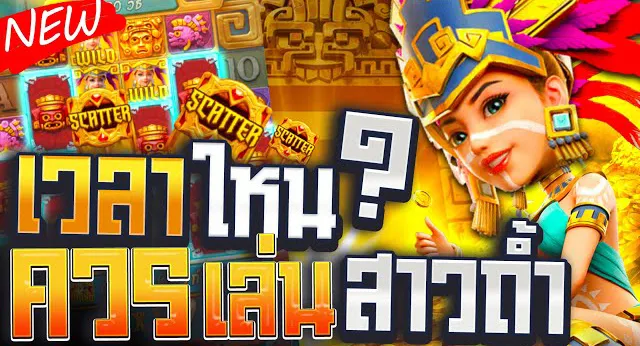
การเลือกเวลาเล่นสล็อตเป็นส่วนหนึ่งของเทคนิค ที่สามารถทำให้คุณมีโอกาสที่จะถูกแจ็กพอต แต่หากใช้ร่วมกับสูตรสแกนสล็อตของเราและเทคนิคต่างๆที่เราแนะนำก็จะสามารถเพิ่มโอกาสได้มากกว่าเดิมอย่างแน่นอน มีลูกค้าของเรามากมาย กำไรจากการเล่นสล็อตวันละ 30 นาที ด้วยทุนหลักร้อยดาร์ได้กำไรหลักพันต่อวัน เราอยากให้คุณมาสัมผัสด้วยตัวเอง เวลาแตก pg
Copyright © 2024 energyactionnews.com All Rights Reserved.